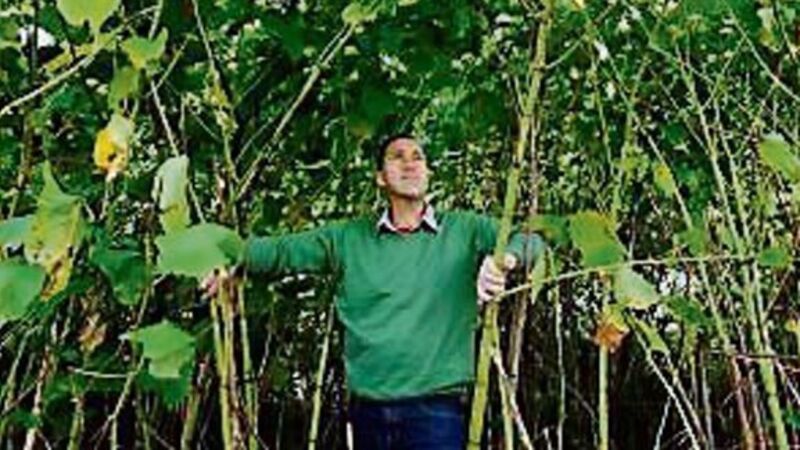Cork council seeks advice on how to tackle invasive knotweed

The council is awaiting expert advice from the National Roads Authority (NRA) which has appointed consultants to identify the best ways of destroying the species, which was brought into Europe in the early 1800s.
The issue was raised in County Hall by Cllr Marcia D’Alton (Ind) who said the council “couldn’t stand idly by and watch it take over”.













